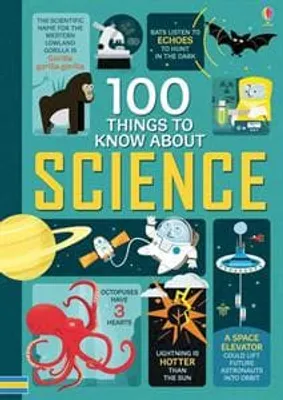Home
64 Greatest Scientists of the World



64 Greatest Scientists of the World
Current price: $11.99
Loading Inventory...
Size: Paperback
At 16, Pascal began preparing to write a study of the entire field of mathematics. Pascal began designing a calculating machine, which he finally perfected when he was thirty. The first accurate mechanical calculator was born.
At sixteen Pascal wrote an essay on conic sections; and in 1641, at the age of eighteen, he constructed the first arithmetical machine, an instrument which, eight years later, he further improved.
*********
Upon his return to London Darwin conducted thorough research of his notes and specimens. Out of this study grew several related theories 1. Evolution did occur; 2. The evolutionary change was gradual, requiring thousands to millions of years; 3. The primary mechanisms for evolution was a process called natural selection; and 4. The millions of species alive today arose from a single original life form through a branching process called 'specialisation.'
The most important of Christian Huygens' written works was his 'Horologium Oscillatorium' published in Paris in 1673. It discussed the mathematics surrounding pendulum motion and the law of centrifugal force for uniform circular motion.
In 1680, Christian Huygens designed (but never built) an internal combustion engine that was be fuelled with gunpowder.
The Nobel Prize for Physics was awarded to Fermi for his work on the artificial radioactivity produced by neutrons, and for nuclear reactions brought about by slow neutrons.
Fermi was a member of several academies and learned societies in Italy and abroad. As a lecturer, he was always in great demand. He was the first recipient of a special award $50,000—which now bears his name—for work on the atoms.


















